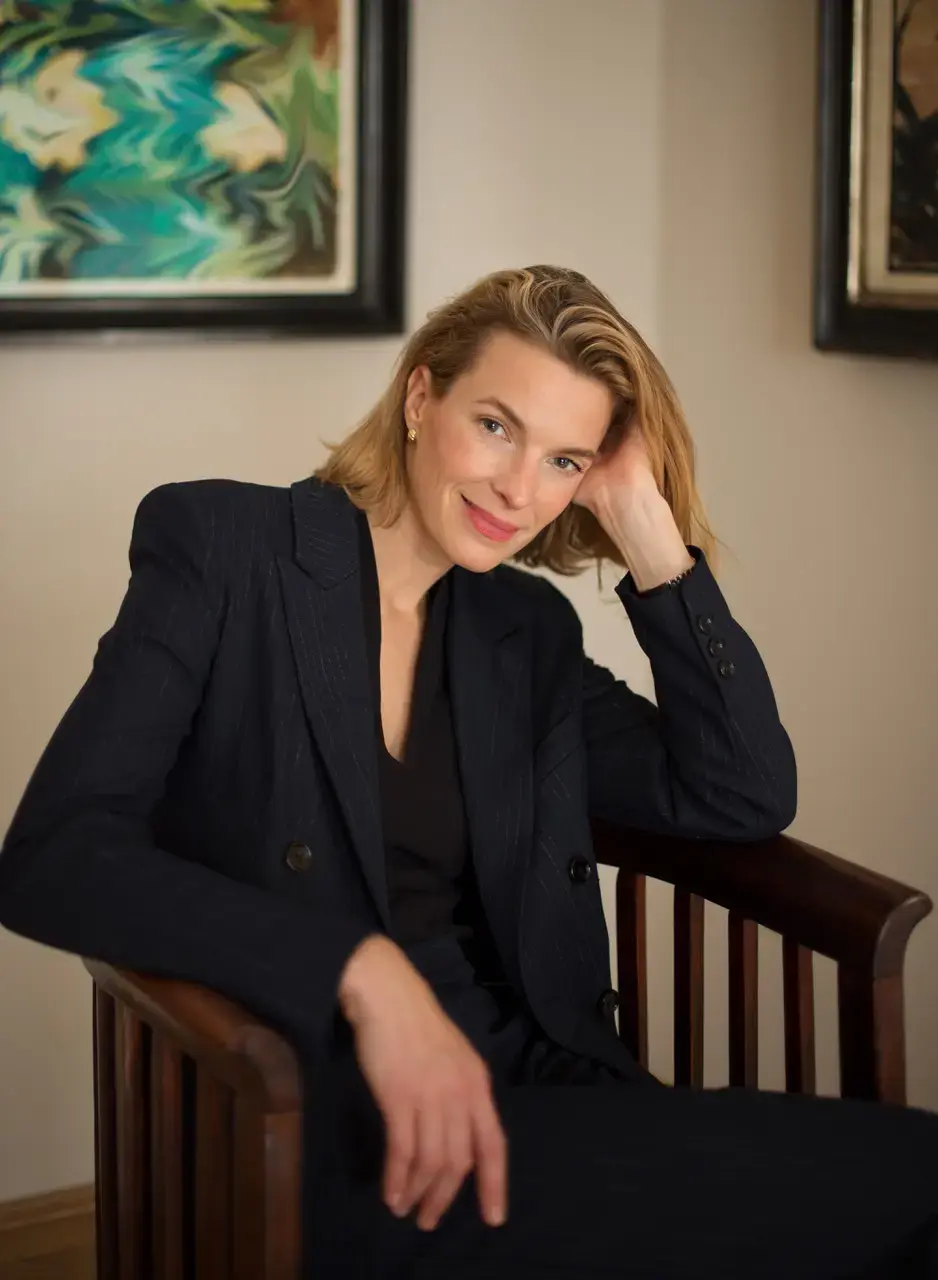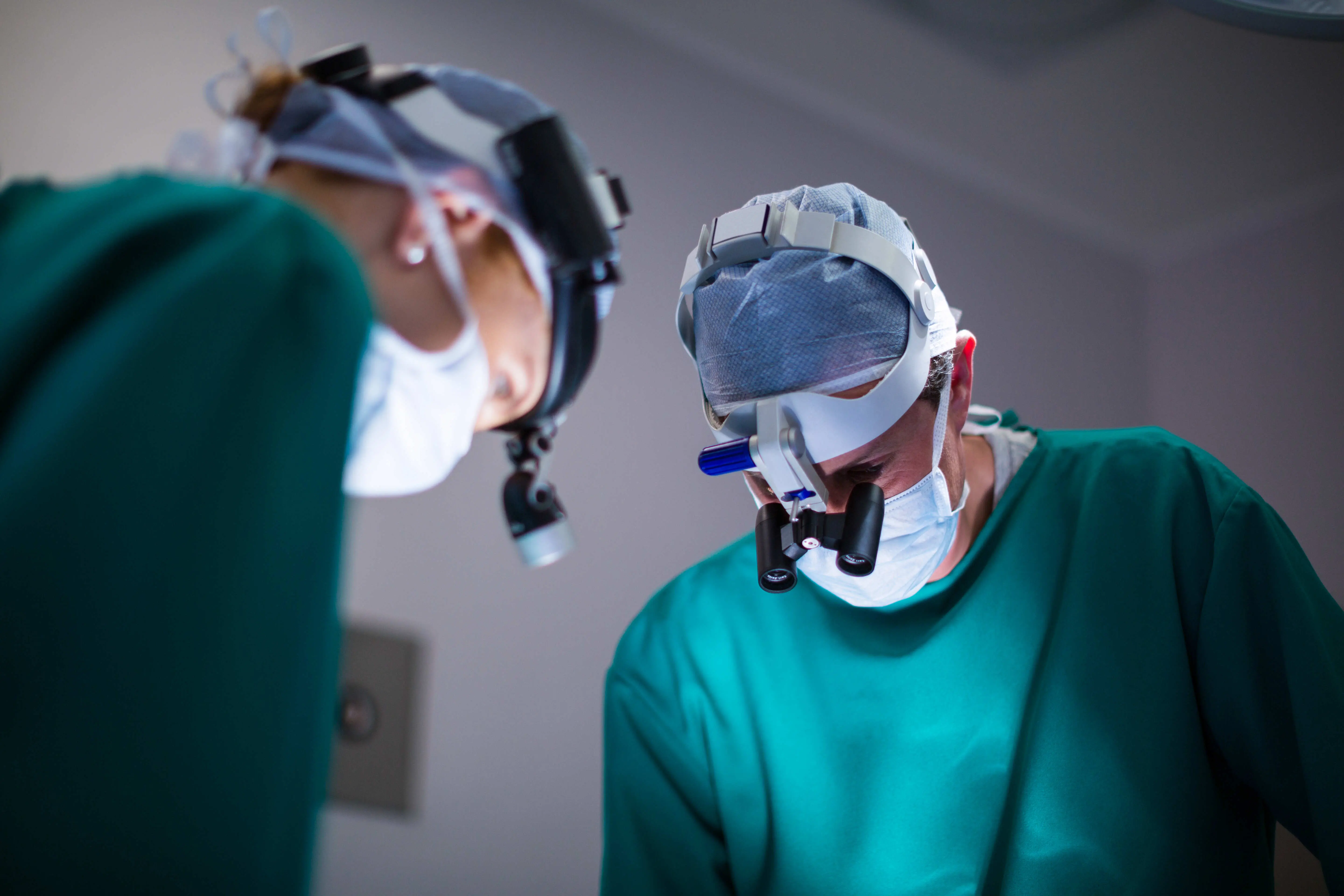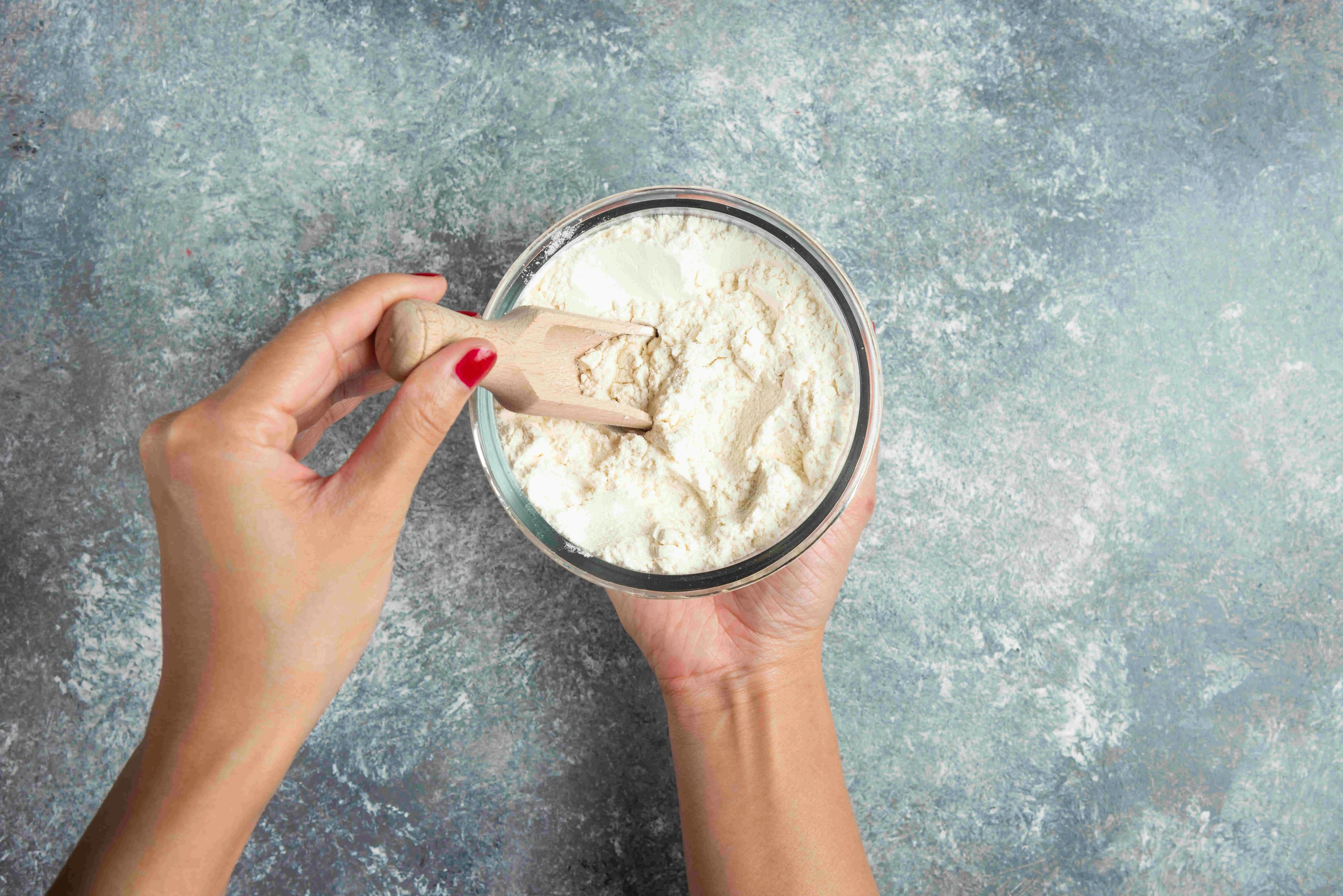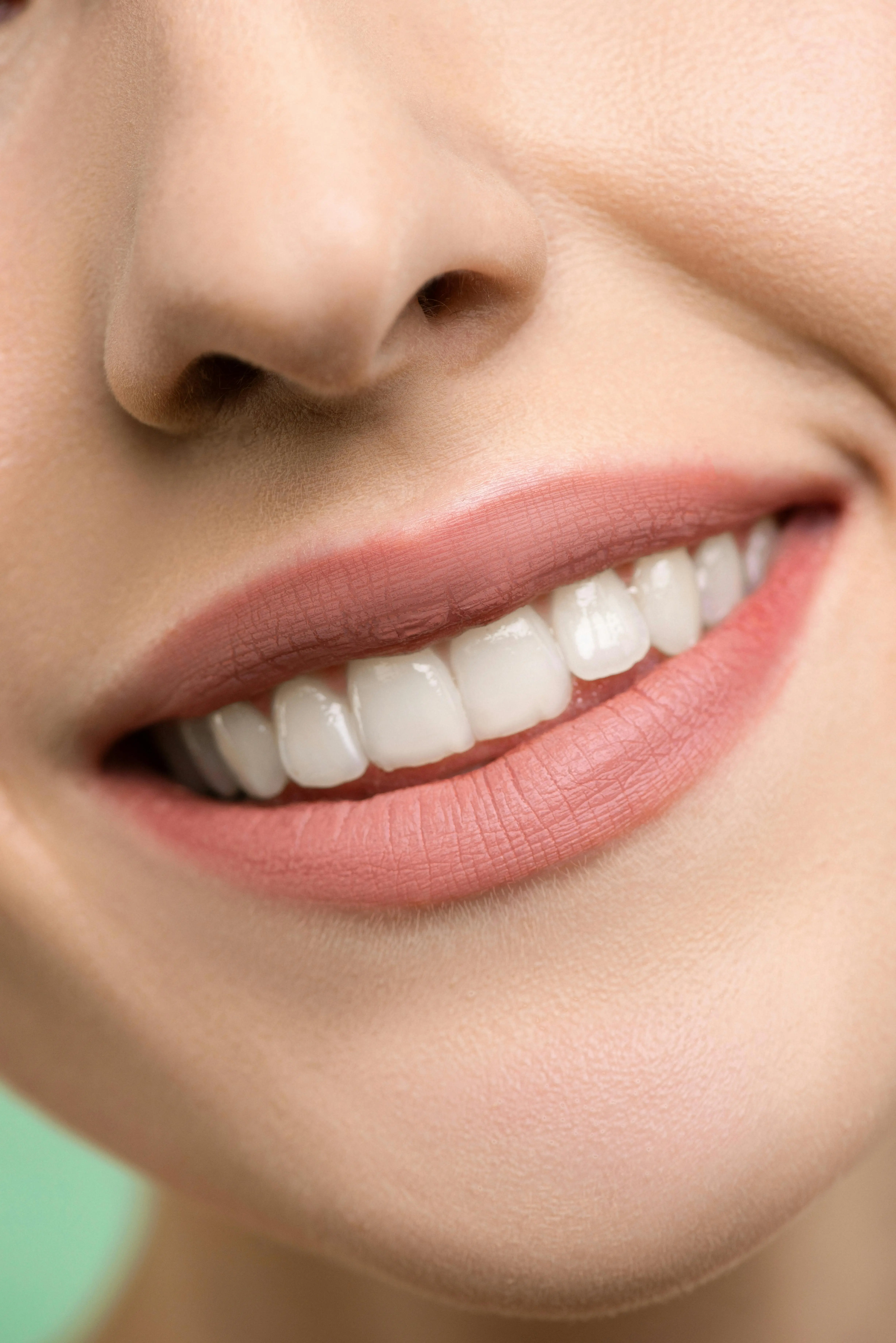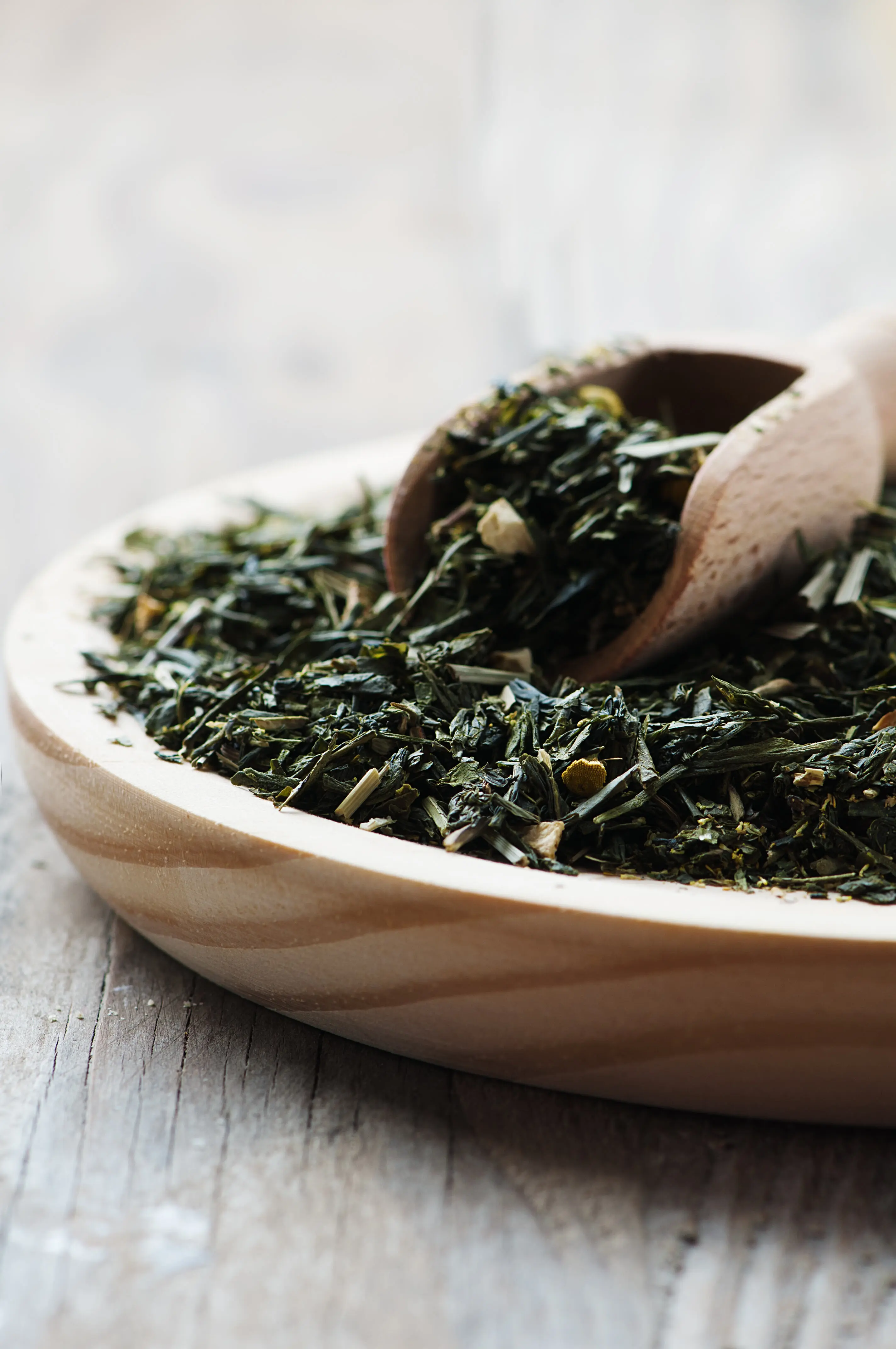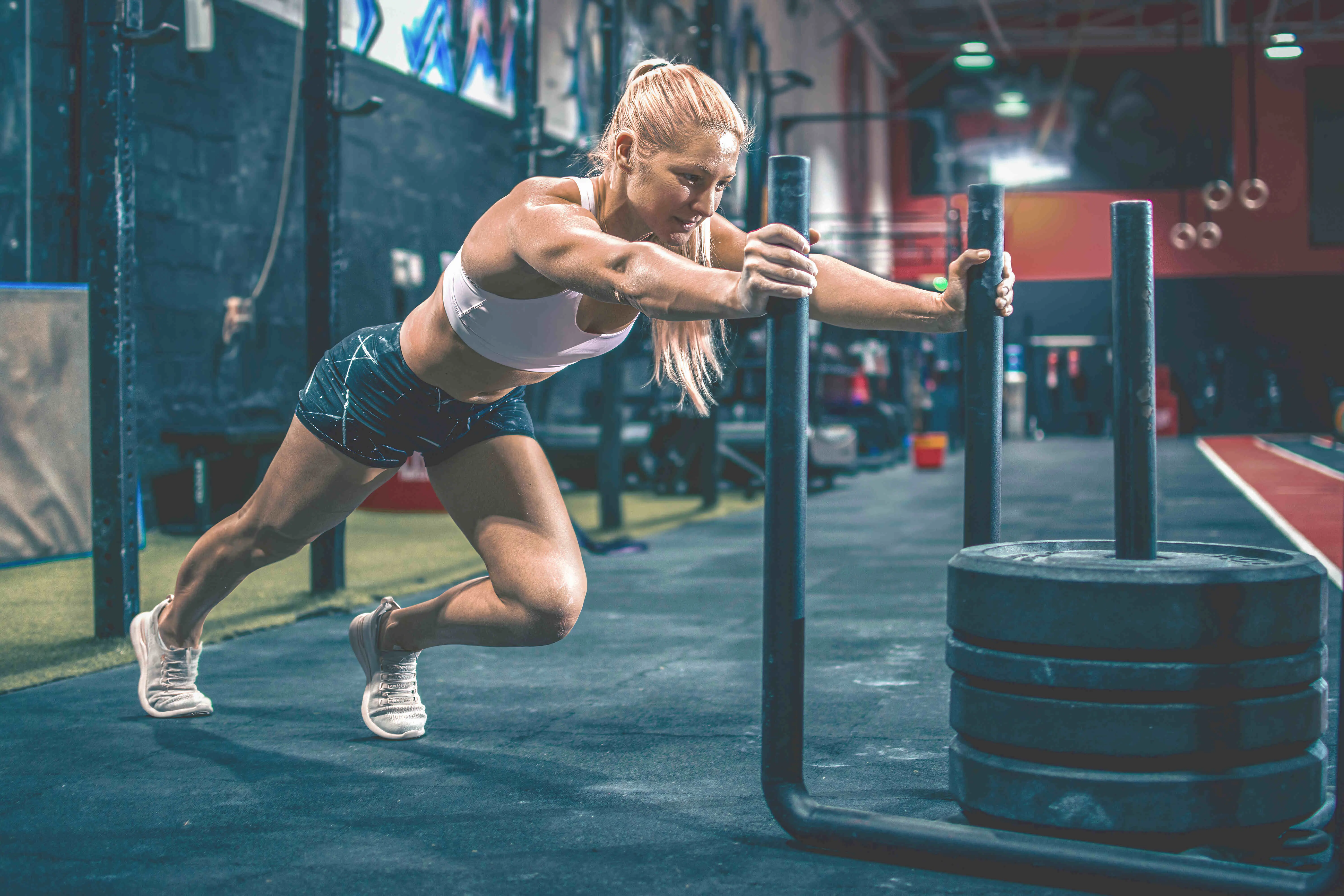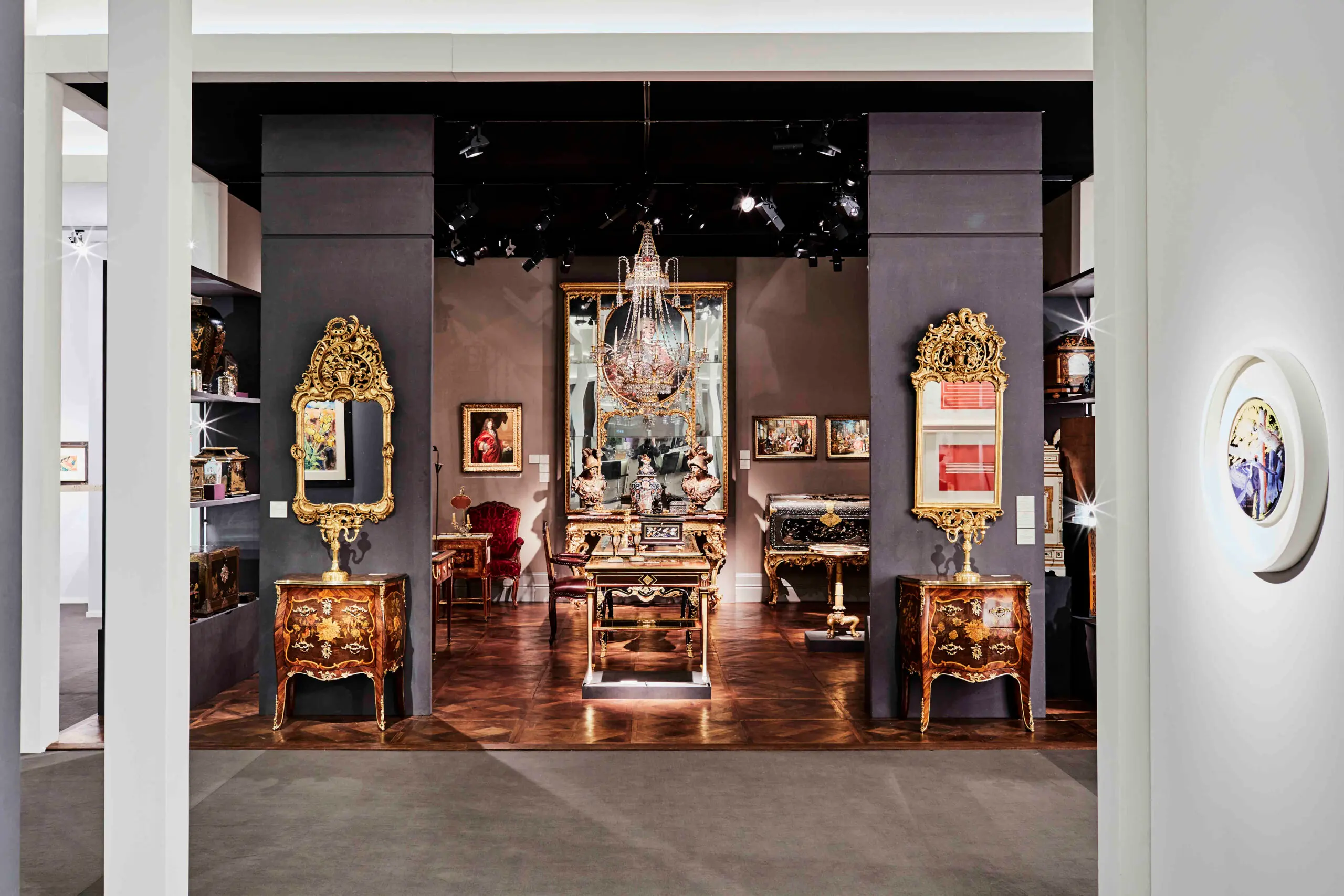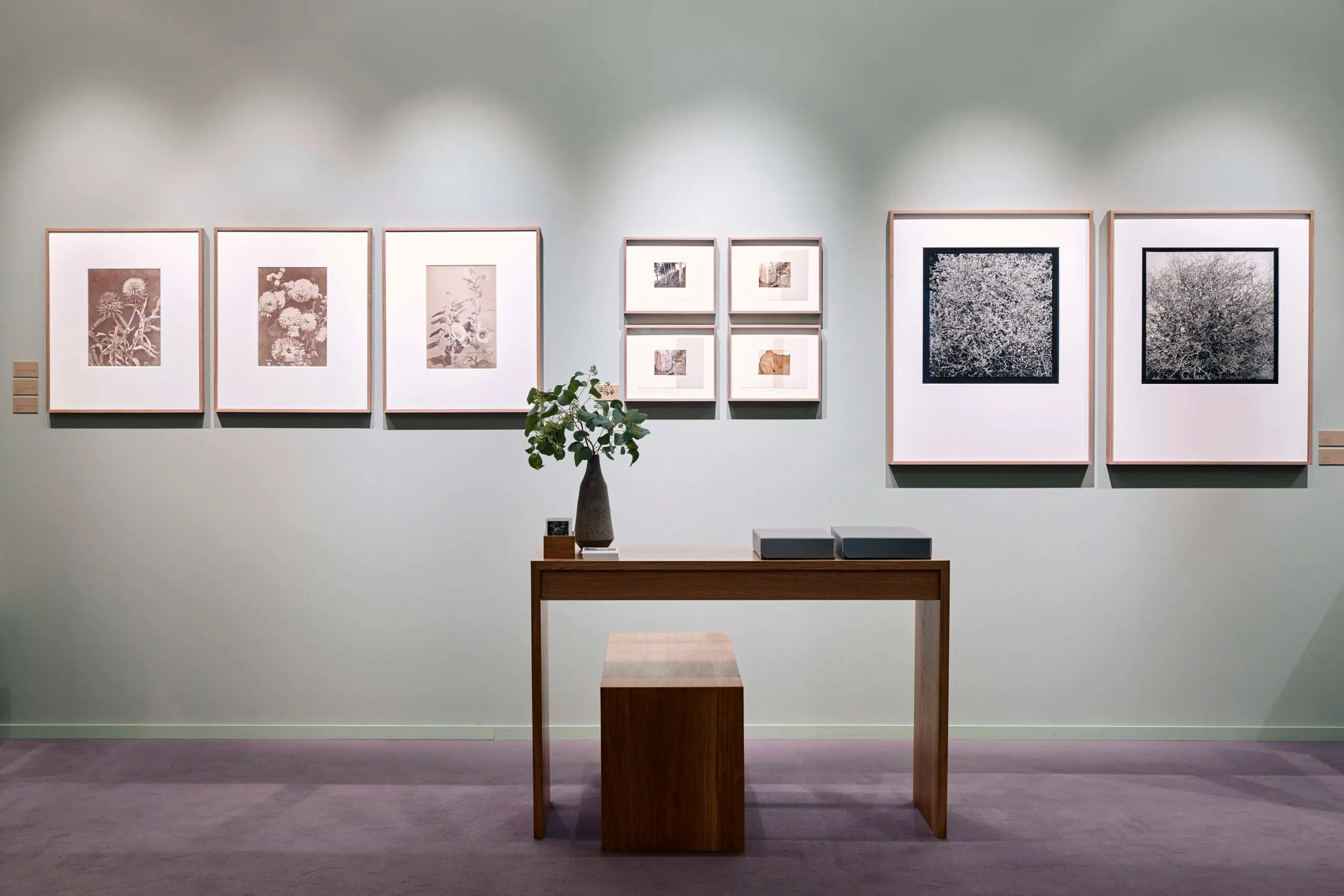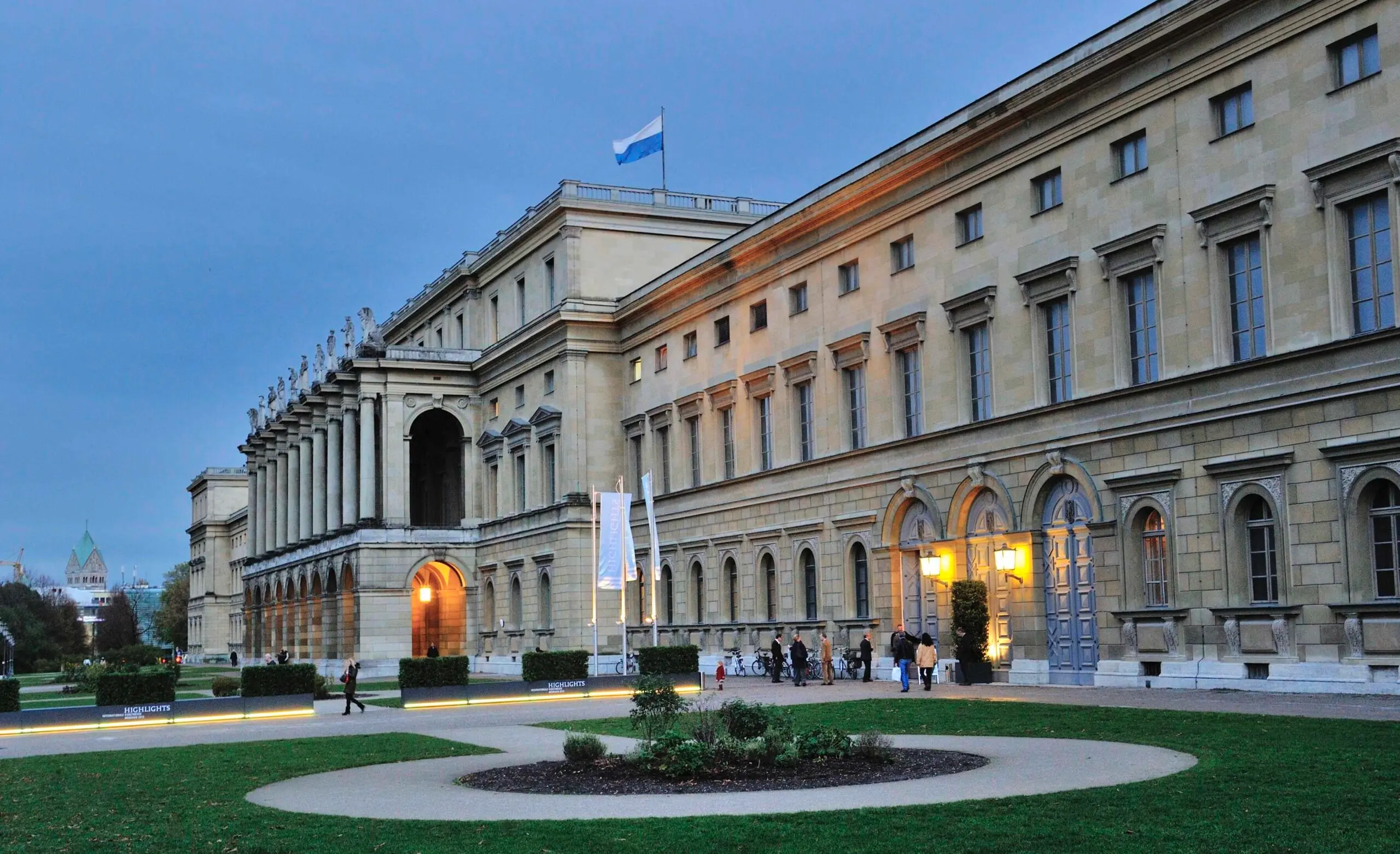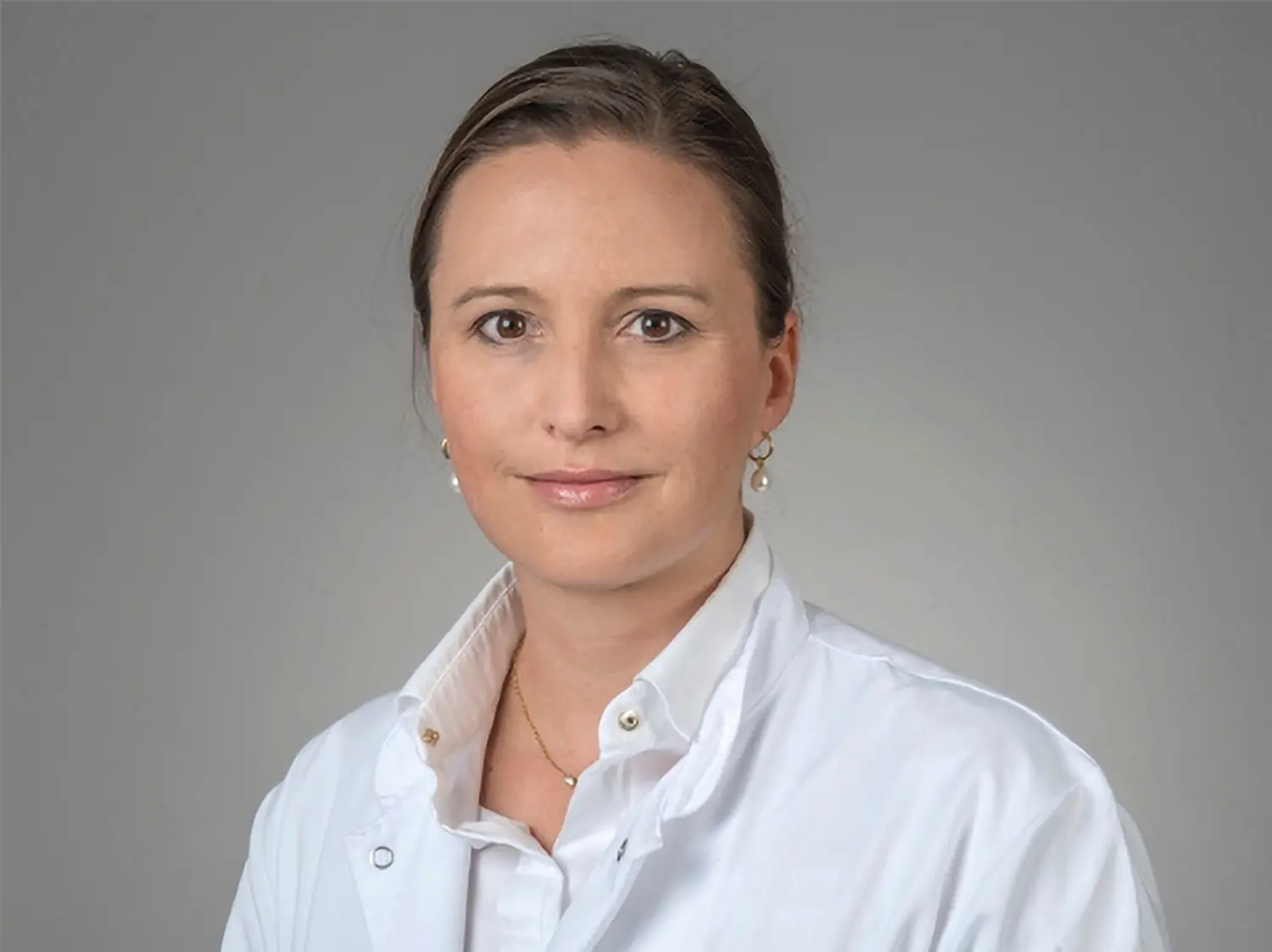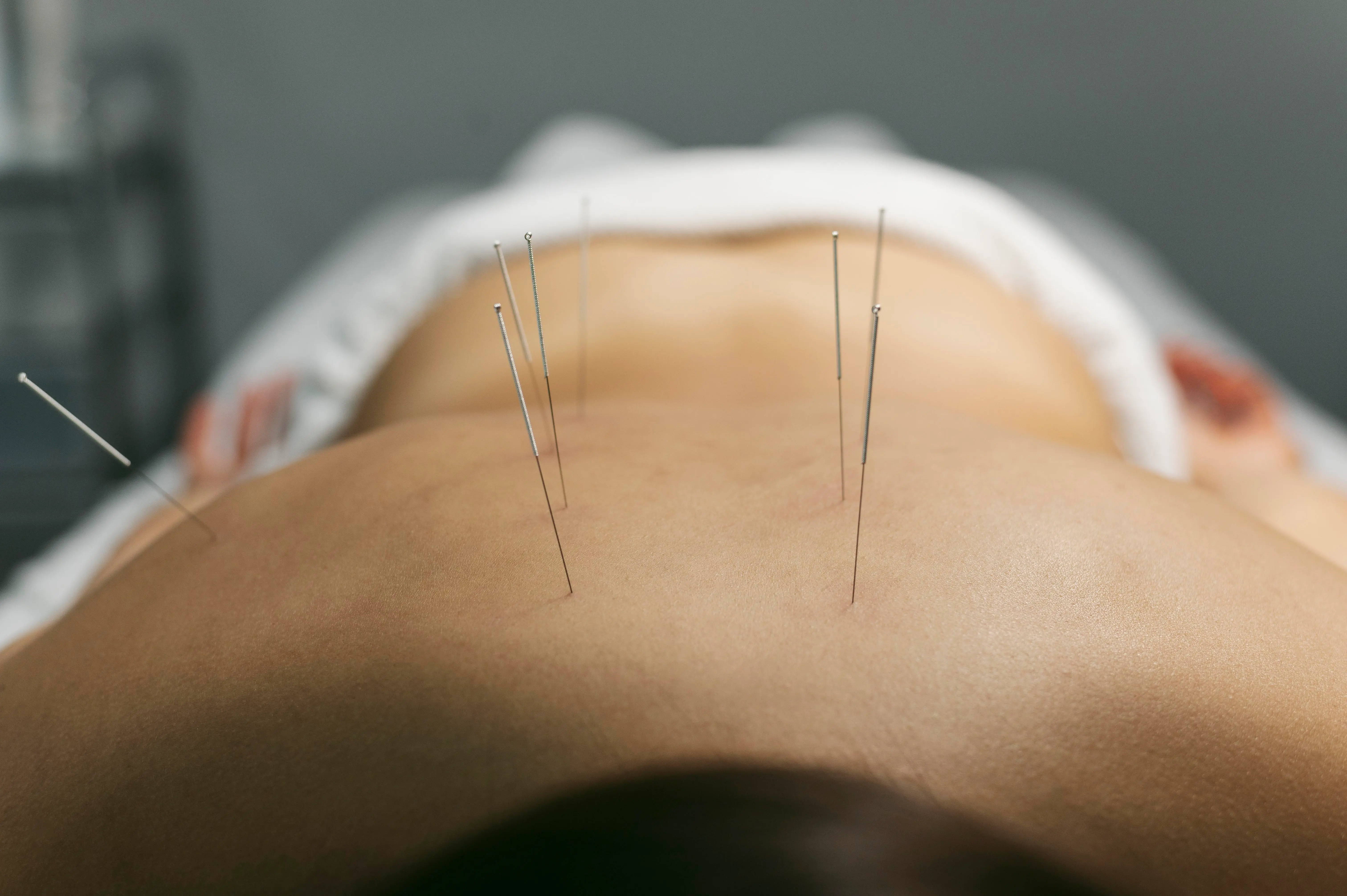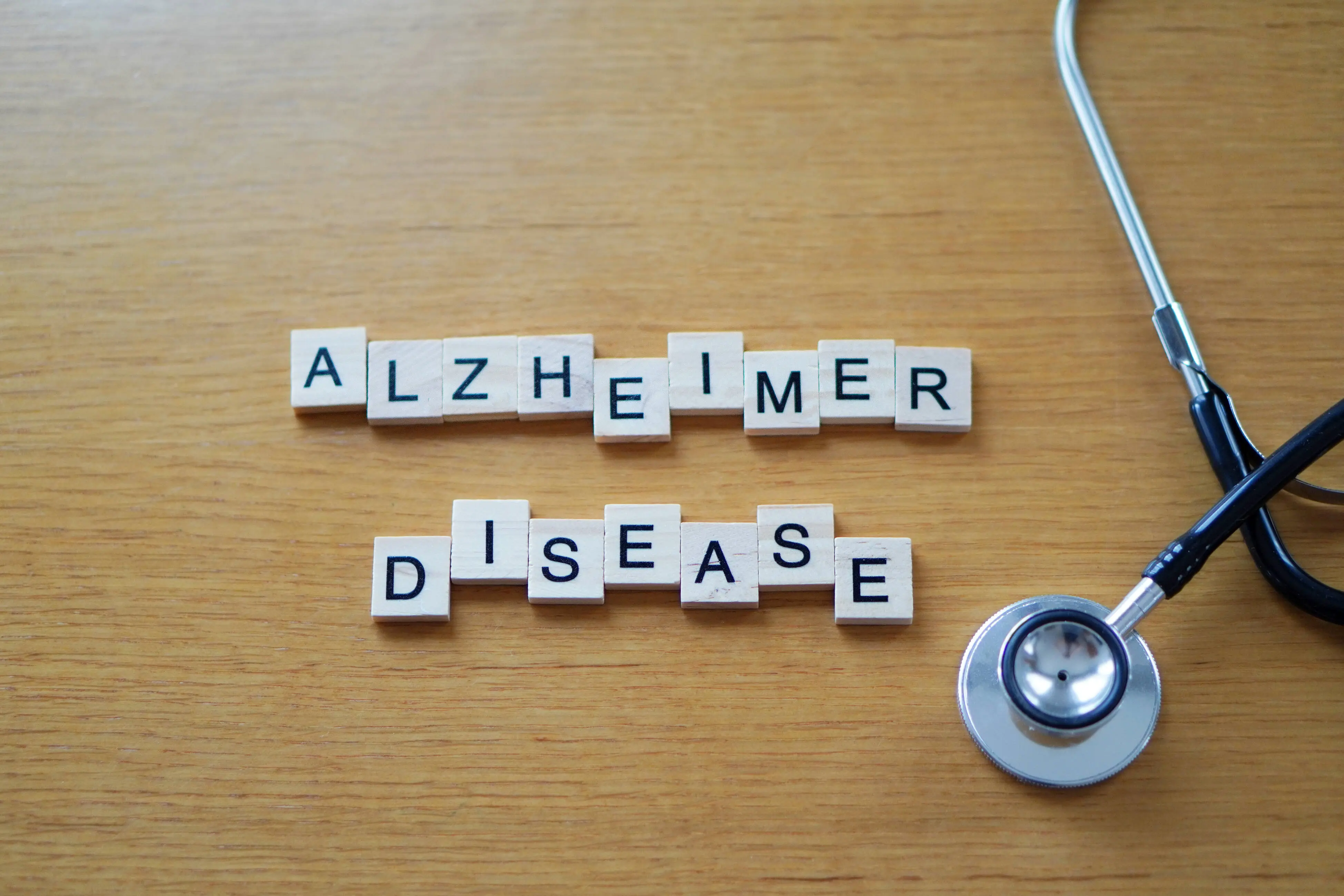During the HIGHLIGHTS which is taking place for the 15th time in the historic rooms of the Munich Residence, more than 50 high-caliber international exhibitors are presenting works from Gothic to contemporary art.
The strength of the intimate and exclusive art fair (October 17 – 20) is, among other things, to be a contemporary stage for both old and modern and contemporary art in equal measure. Among others, paintings by Max Liebermann or Lyonel Feininger and modern photo art by Minjung Kim and Vera Mercer can be seen.
The boutique art fair is directed by Juana Schwan. A conversation about very personal highlights and the impact of art on our and her well-being.
What is your highlight of this year's HIGHLIGHTS?
There are so many great artworks at the HIGHLIGHTS. Works by Lucas Cranach, Ernst Wilhelm Nay, from Picasso to a million-dollar sculpture by Donald Judd. But I admit that my heart beats especially for old art.
Everything that is excellently crafted and artistically unique and formative for its time fascinates me.
For example, one of my favorites is a very wildly carved, dragon-adorned Rococo console from Ansbach and a black, very minimalist, Japanese lacquer cabinet from the 17th century.
How can art affect our well-being?
Art evokes emotions. It can be very stimulating or contemplative. The effect of colors on the psyche is scientifically supported. For me personally, engaging with art always means immersing oneself in another time, especially since my preference for art from the 17th to the 20th century prevails.
These are times before digitalization, when everything was a bit slower and less interconnected. There was a concentration on the immediate environment and the object. And despite the spirit of the times that is embedded in it, the great works of art are always universal.
For example, Pieter Elinga’s “The Reading Woman” from the Alte Pinakothek. He is unmistakably a contemporary of Vermeer. His painting is not just a situational depiction from 1665. It speaks of the joy of silence, of the moment of being completely with oneself. Or the Nibelungen Halls in the Munich Residence - eternal myths are depicted there.
